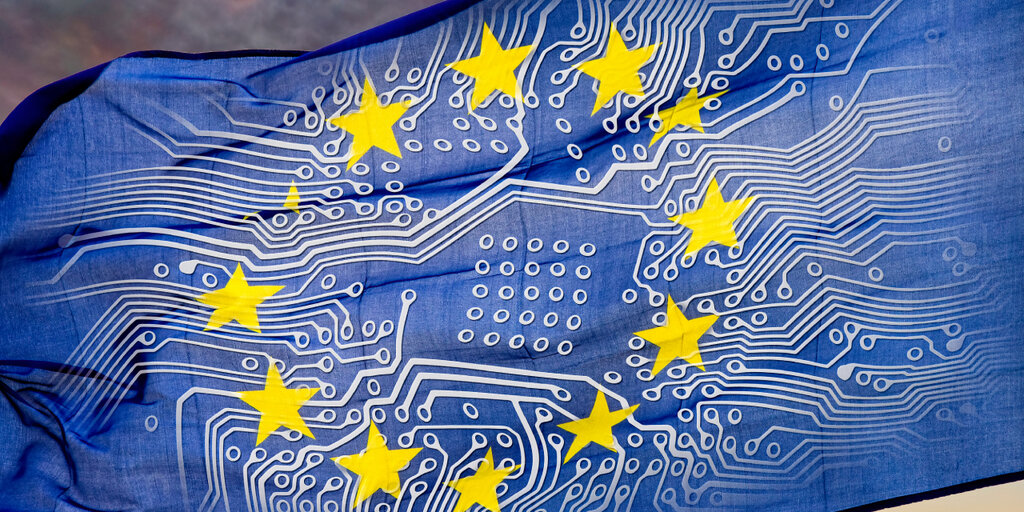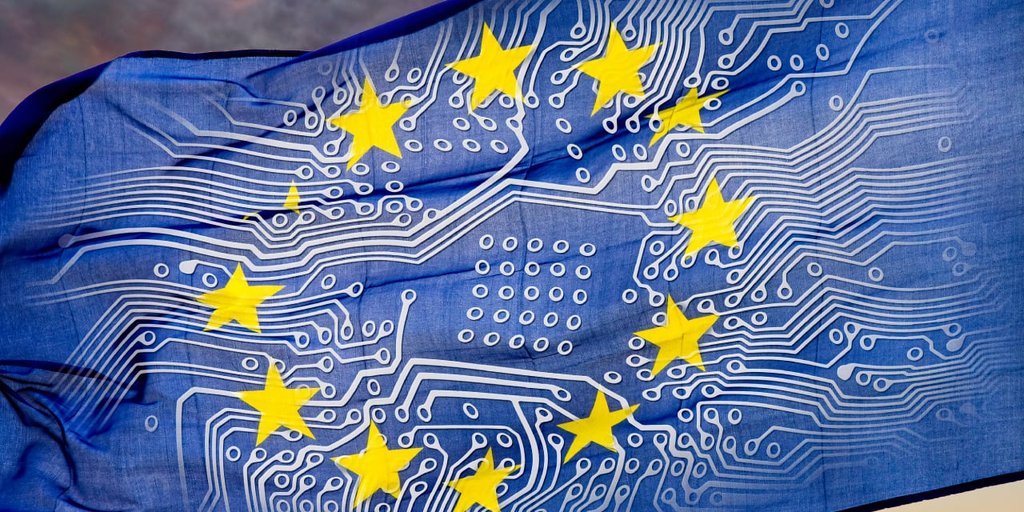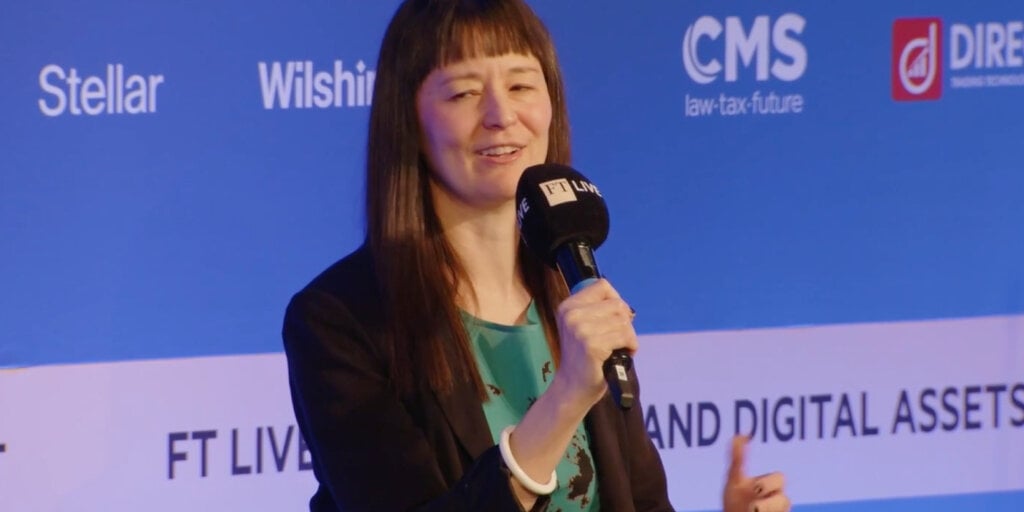

MEPs in the European Parliament have approved a preliminary agreement to draw up guidelines for the use of AI in the region.
According to a press release issued by the European Parliament, the Internal Market and Civil Liberties Committee voted 71 to 8, with 7 abstentions, to approve the results of negotiations with member states on EU artificial intelligence law.
The regulation aims to “protect fundamental rights, democracy, the rule of law and environmental sustainability from high-risk AI,” while strengthening innovation and Europe’s position as an AI pioneer.
The AI Act seeks to impose safeguards, such as copyright protection, for writers, artists, and other creators in the face of generative AI models, while banning AI applications that “threaten civil rights,” such as biometric classification and social scoring. Aim.
The bill also requires deepfake images, audio and video to be clearly labeled.
Lawmakers also agreed to obligations for “high-risk AI systems,” such as those used in critical infrastructure and essential services such as health care and banking.
The bill also allows for regulatory sandboxes and real-world testing of “innovative AI” applications before they hit the market.
The AI Act is expected to be voted on by the European Parliament in March or April this year and take full effect 24 months after it comes into force, with some provisions on bans, codes of practice and governance rules expected to come into effect earlier.
EU regulators have been skeptical about the rapid pace at which AI is growing. Earlier this year, Microsoft came under scrutiny because its $10 billion investment in ChatGPT creator OpenAI raised questions about antitrust violations.
“We invite companies and experts to inform us about competitive issues they may perceive in their industries, while also closely monitoring AI partnerships to ensure they do not unduly distort market dynamics,” said Margrethe Vestager, Senior Vice President of Competition. . The policy towards the EU was stated in an official statement at the time. “The European Commission is checking whether Microsoft’s investment in OpenAI is reviewable under EU merger rules.”
Edited by Stacey Elliott.



